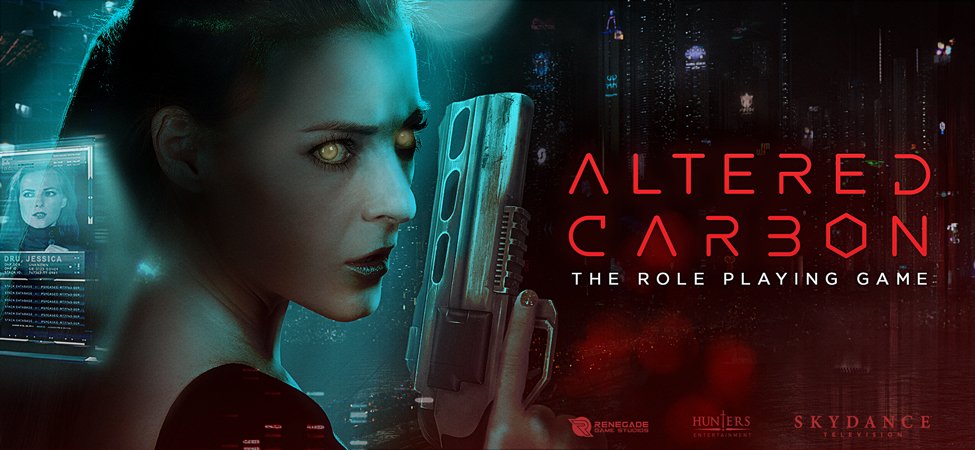![]() When you target multiple creatures with the Blindness/Deafness spell, can you give some deafness and others blindness? Or do you choose an effect once, and all targets of the spell get the same effect?
When you target multiple creatures with the Blindness/Deafness spell, can you give some deafness and others blindness? Or do you choose an effect once, and all targets of the spell get the same effect?
user15026
user15026
user15026
user15026
user15026
user15026
user15026
user15026
user15026
user15026
user15026
user15026
user15026
user15026
user15026
user15026
user15026
user15026
user15026
user15026
user15026
user15026
user15026
user15026
user15026
user15026








